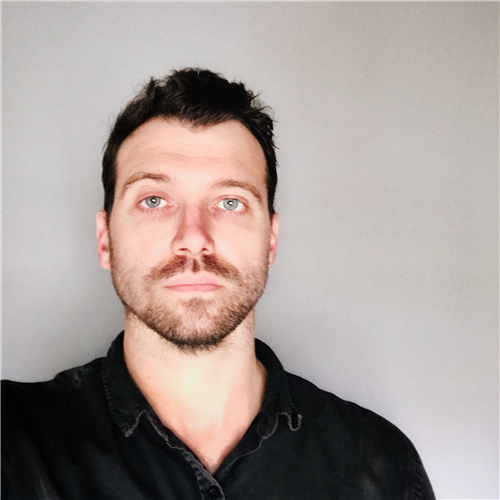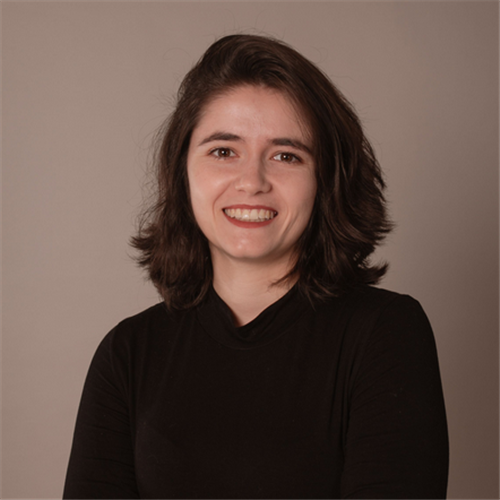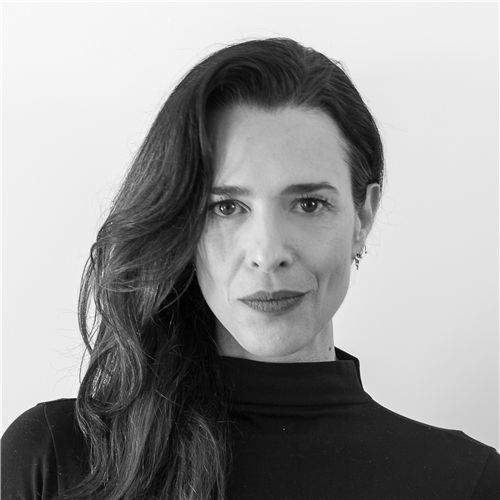CONFERENCE
Back to program
05-06-2024
14:00 - 15:00
Responsive Cities: How are Behavioral Changes and New Technologies Shaping the Future of Cities?
Arts&Crafts Inovação Inteligência Artificial Futuro Sustentabilidade Tecnologia Comportamento Arquitetura e Urbanismo
The responsive city acts and reacts. With a high capacity for adaptability, it has human beings as its best sensor, responding to their needs and demands. Considering contemporary cities as living and dynamic ecosystems, evolving in the context of the climate emergency, the future of urbanity is linked to the adoption of new forms of intelligence that go beyond human perspectives. What are these new forms? In this scenario, in which user protagonism is possible through the use of technology, what is the balance between the dimensions of "natural" and "artificial"? The panel will discuss the importance of people playing a leading role, the role of technology as a facilitator in this process of co-creation and innovative and disruptive solutions focused on quality of life in urban areas. An overview will be presented of the transformations in behaviour and ethics based on the absorption of Big Data, the Internet of Things, cyberspace and Artificial Intelligence.
Speakers

Felipe Karasek | Palestrante
Psychoanalyst, teacher and researcher. Associate member and member of the clinical staff of the Sigmund Freud Psychoanalytic Association of Porto Alegre/RS. He is a member of the Study Group: "Other Humanisms: articulations between modes of existence and essays on possible futures". PhD in Philosophy from PUCRS; MA in Philosophy from PUCRS. He has published the following books: Amber Decline and Other Fictions (2022), In the Abysses: On the Interpretation of Nature in Nietzsche (2022), The Solitude of Style: Writings, Biographemes; Fragments, Notes (2021), A Philosophy of Pain: Tragic Wisdom in the Young Nietzsche (2013), What is Worth Dying For (2013).

Flavia Tissot | Palestrante
Founding partner and COO of the PLACE platform, partner of the OSPA real estate development group, architect and urban planner graduated from the Federal University of Rio Grande do Sul.

Luciana Fonseca | Moderadora
Founding partner and Director of the Responsive Cities Institute and Escola Livre de Arquitetura - Ela. PhD in Urban and Regional Planning by PROPUR - UFRGS (2017) and master (2007) by the same program. Chapter leader of urban planning at the OSPA Group. Coordinator of the Responsive Cities MBA. Has technical experience in development of urban plans and guidelines, architectural projects and strategic and landscape urbanism. Develops academic exchanges with design emphasis on other urban realities with schools of architecture and urbanism in Brazil and Latin America. Has exhibitions related to urban artistic manifestations and contemporary art. Above all things, she is Antônia’s mother!

Jose Maria Ferreira Rangel | Moderadora
José Maria Rangel is in charge of the Petrobras Business Support Team which is the corporate structure that is coordinating the humanitarian aid actions for the emergency situation in Rio Grande do Sul.








